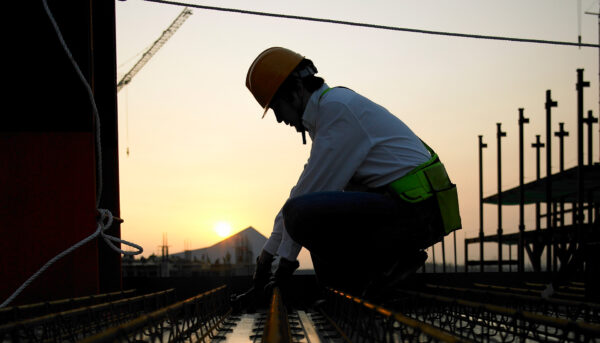In our previous blogs part 1 and part 2 of this series, we highlighted a number of key provisions that should be considered in construction contracts. Below we will touch on three more important clauses that should be considered. These provisions are Choice of Law, Change in Law, and Dispute Resolution:
1: Choice of Law
This provision is important in determining the governing law that applies in a dispute. In construction contracts, this provision often identifies the location of the project to be the applicable governing law. However, this provision should set out both the law that governs the contract and the jurisdiction to which the parties attorn to or agree to for resolving disputes.
2: Change in Law
Building upon the choice of law provision, it is important to anticipate a situation where the governing law of the contract changes in a way that could impact aspects of the contract. New legislation, for example, could impact the parties to the contract and it is important that the contract sets out which party will bear the cost of that change. For instance, there could be a new environmental regulation that is passed during the project that increases the cost for the contractor in performing the work. A change in law clause will set out whether the price of the work can change and who will bear those costs.
3: Dispute Resolution
At the outset of a project, when the parties are getting along, the parties should consider what dispute resolution mechanisms make sense for the parties and the project. The contract should set out the form of the dispute resolution process that the parties would like, whether that be negotiation, mediation, arbitration, litigation, or a process that combines the options. The contract may set out a stepped process of resolution and include a specific procedure and timeline to be followed when moving from one step to the next. For example, the parties may choose to incorporate a procedure that includes starting with negotiation, then moving to mediation, before arbitration. The dispute resolution process can take a number of forms and it is critical that the parties set out which form they think will be most effective and efficient for the scope of the project and the amount that could be at stake.
If the parties would like to arbitrate, there are a number of considerations that should be reviewed with a lawyer and incorporated into the arbitration agreement. Considerations for arbitration clauses include: where the arbitration will take place; how many arbitrators there will be (sometimes the number of arbitrators will vary based on a dollar value of the dispute); how arbitrators will be selected; the language of the arbitration; and the procedure and time lines for initiating a claim and counterclaims. If the parties choose set institutional rules, those should be referenced in the clause and the institutional rules will be used to establish the arbitration procedure unless otherwise specified in the arbitration clause. If there is a certain institution that the parties would like to use, usually the institution will have its own arbitration clause that parties can incorporate into the arbitration provision in the contract.
During the dispute resolution process, the parties should also consider if they want to obligate the parties to ongoing performance of their contractual obligations. If this is the case, this intention should be incorporated into the dispute resolution provision.
If the parties do not agree to a specific form of process at the outset, they may later agree to negotiate, mediate, or arbitrate afterwards. However, often it is more challenging to agree to a process during a project when there is a dispute and the process is not laid out in the contract.
Considering the above provisions in your contract is important for contract administration and managing disputes as they arise during the project.
These provisions are amongst a number that should be considered when forming a construction contract, and thus having an experienced legal team helping you draft and negotiate your contracts as well as navigate your contract if disputes arise is important. Be sure to reach out to any of the lawyers in our construction law team for help.



